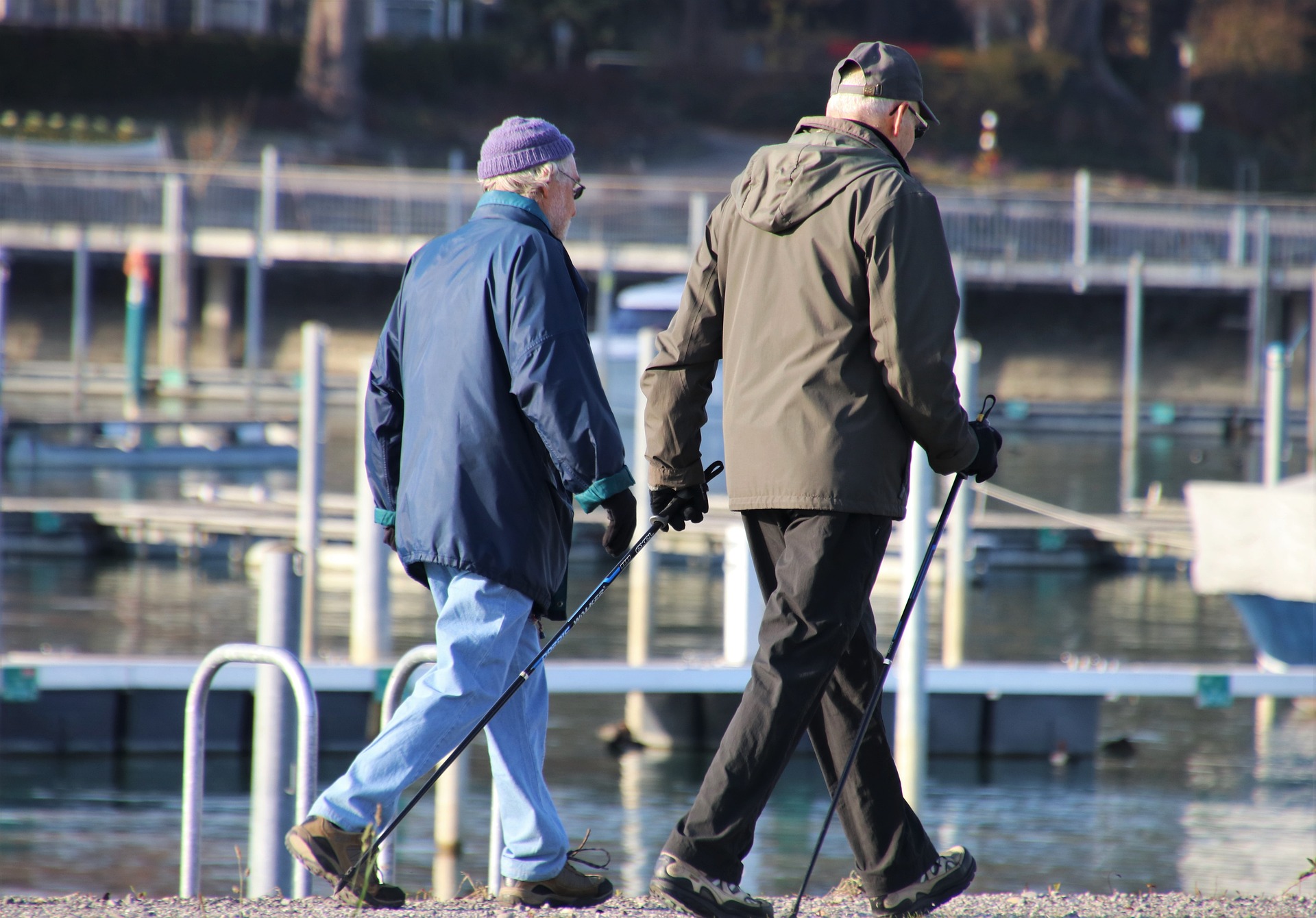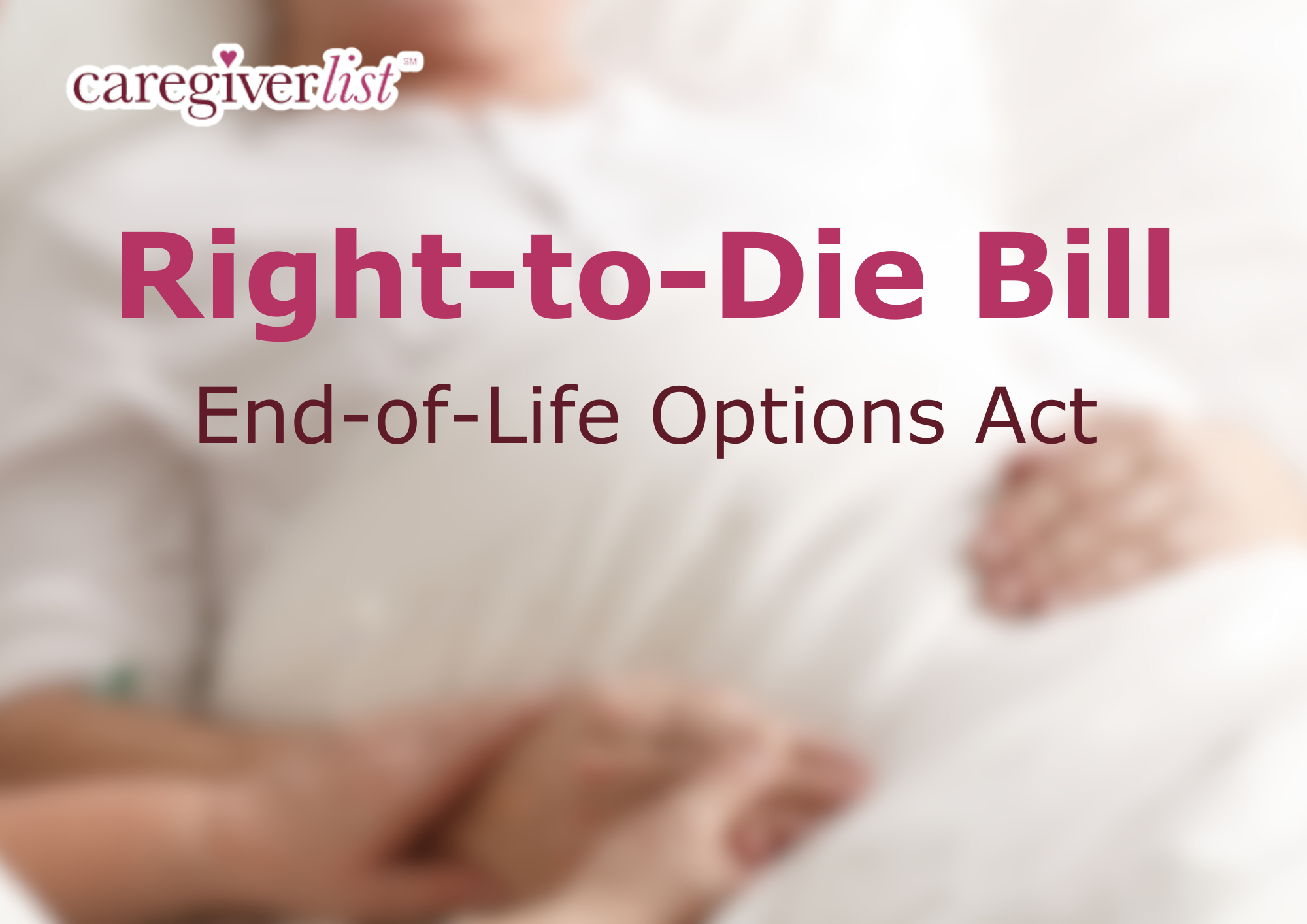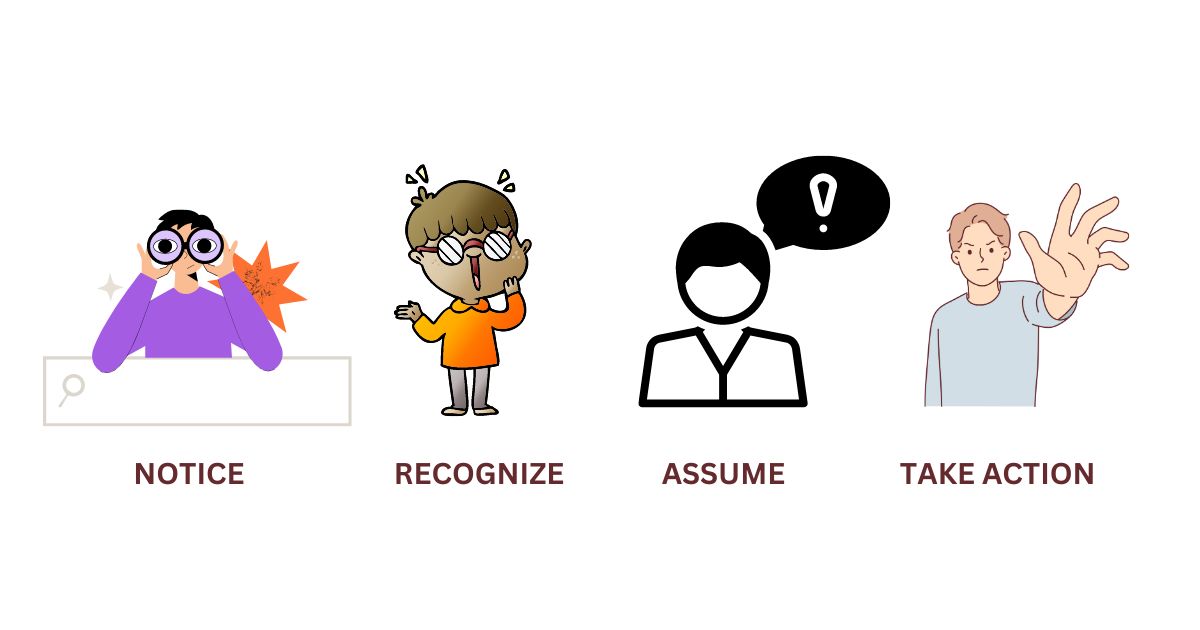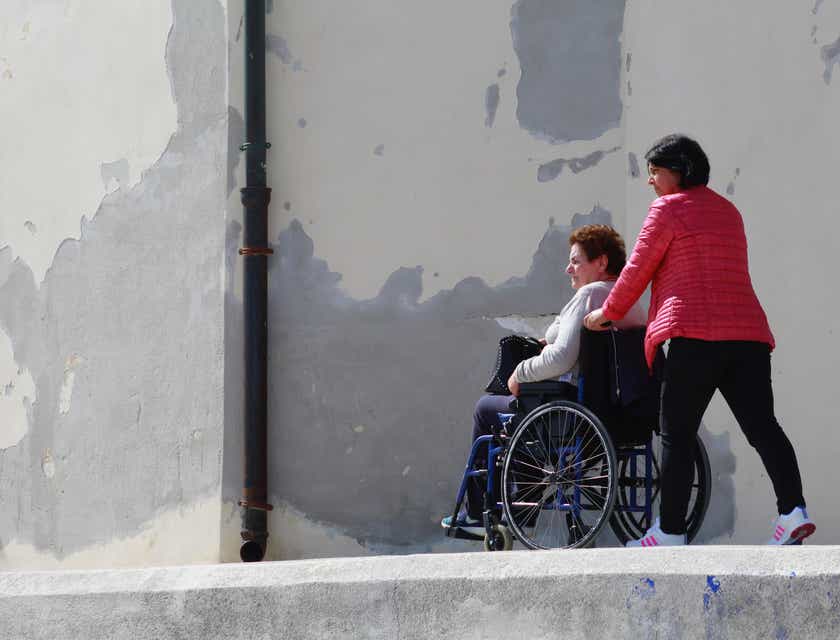Last year today, I wrote about Senior Care during the Polar Vortex. Here we are once again in the grips of an extreme cold snap and it’s time, say senior care professionals, to revisit how best to keep seniors safe during frigid weather.
The first consideration in keeping the elderly safe is to keep warm. The CDC (Centers for Disease Control and Prevention) said people over the age of 65 make up nearly half of all hypothermia deaths. As we age, our metabolism slows. Couple that with decreased physical activity and seniors are especially susceptible to low body temperature that can drop to a dangerous degree.
Here are some signs of hypothermia in older adults: shivering, exhaustion, memory loss, slurred speech, confusion, drowsiness. If you notice any of these signs, check their body temperature. If it’s below 95°, seek medical attention immediately. Don’t hesitate to call 911.
You can prevent hypothermia in seniors by keeping the home heated safely. Place an easy-to-read thermometer in a room where the most time is spent and make sure the temperature doesn’t get below 65°. Close off rooms that are not in use to conserve heat. Also, put a carbon monoxide detector near the sleep area.
Power outages during peak usage times are always a risk. Keep extra blankets on hand. Seniors should dress in several layers of loose clothing. And of course, the elderly should not go out unless it is absolutely necessary.
In order to keep trips outside in the cold to a minimum, the CDC suggests making sure seniors have these are on hand:
Food that needs no cooking or refrigeration, such as bread, crackers, cereal, and canned foods—canned soup is a great warmer-upper.
Water that is stored in clean containers, or purchased bottled water (5 gallons per person). Keep alcohol intake to a minimum.
Medicines that any family member may need.
Check on older family and neighbors who are at risk from cold weather hazards. As always, if you or a senior in your care needs special help, contact your state’s Area Agency on Aging. Caregiverlist hopes all caregivers and their seniors stay warm and safe.
Main Menu
Main Menu
Main Menu







